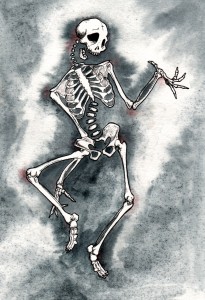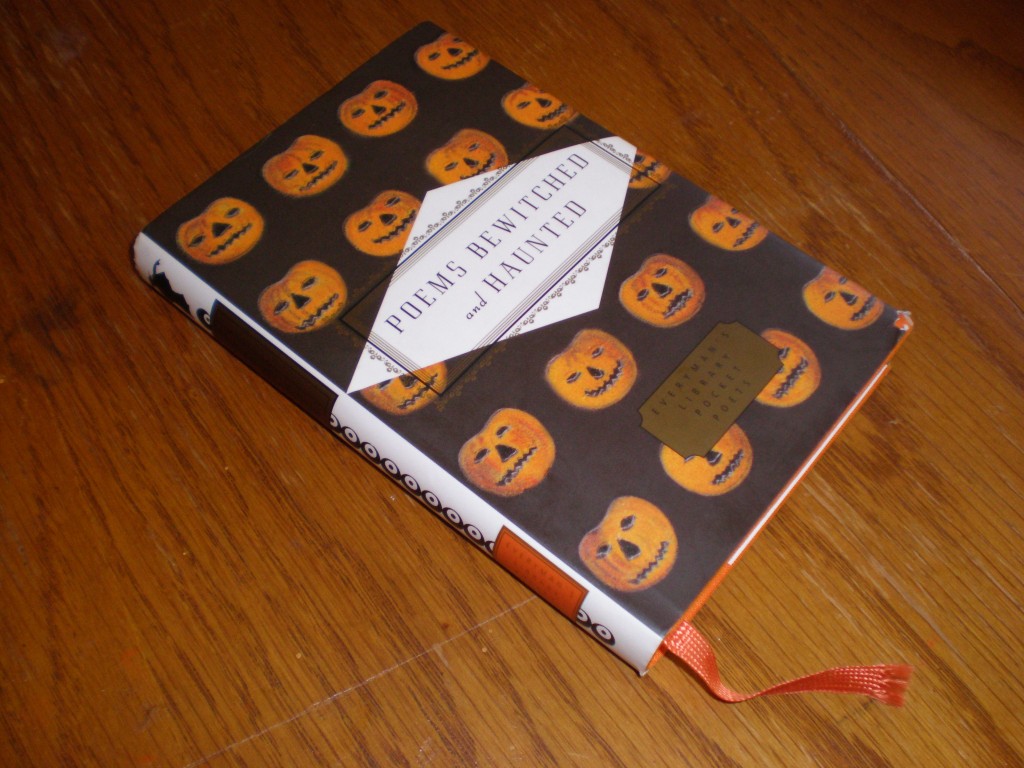If you’ve been following my blog for some time, you know that every once in a while I like to break up my posts about books, reading, writing, and poetry with some random hypothetical questions like this and this. Today I have another one for you, and I admit, it’s an odd one—so hear me out.
If you were to create your own religion, which animal would you choose as sacred, and why?
For the sake of discussion, let’s assume not only that you don’t already have a religion of choice but that there are no religions existent in the world.
It can be whatever type of religion you want—monotheistic, pantheistic, etc.—and you’re welcome to make up as many details as you’d like, if that’s part of the fun for you. But what I really want you to think about is which animal (existing, not made up, though that could be fun too) best represents your mind’s concept of divinity.
As I’m sure some of you are already thinking, some of our world’s current religions do have, and have had, certain animals that they deem(ed) sacred. Hindus, for example, often don’t eat beef because they traditionally believe the cow is a higher form of life. (*According to Wikipedia, it is “a caretaker and a maternal figure” as well as “a symbol of unselfish giving.”) Ancient Egyptians revered cats, believing them embodiments of gods—often even mummifying them like people after death. And then, of course, there are religions that believe all animals are sacred, such as many Buddhists, Jainists, and Wiccans. On the flip side, many Muslim and Jewish people don’t eat pork, as they believe pigs to be an unclean animal.
All of this is fascinating to me. In fact, the contrast between existing sacred animals is what got me thinking about this to begin with. In my mind, for example, there is little difference between the cow (holy to over a billion people) and the pig (unclean to billions) in regard to sacredness, but entire religions—huge portions of the world—beg to differ. So what makes one animal worthy and others not? And, to the point, what would be my factors if I were to choose?
Here are some of my thoughts:
Affection– I think many people’s knee-jerk reactions will be to choose their favorite animal. My husband might choose dogs and I might choose cats, simply because we love them. But on second thought, I’m not sure that’s a good enough reason to deem an animal holy.
Appearance– I wouldn’t want an ugly animal. I can’t imagine worshipping the Star Nosed Mole, for example. (You’re welcome.) The peacock? Maybe. Except I happen to know they’re also loud and stinky.
Behavior– I also can’t quite imagine worshipping an animal that acts dumb or goofy. Chickens, for example.
Food Chain Hierarchy– What about predator vs. prey? Does that affect things? How would I feel witnessing my holy animal being hunted? How would I feel seeing it slaughter another creature? Which is more holy: the tiger or the doe?
Intelligence– Is smart what I should go for? How smart? Chimpanzees, dolphins, and elephants are all said to be extremely intelligent. Does that make them more spiritual than worms and snails?
Symbolism– In the end, I suspect this is what will drive most people’s choices—and perhaps what drove the choices of existing religions. In a culture that’s too fast-paced and hurried, perhaps the sloth would be an admirable choice. For a person who longs for speed and virility, the horse might make more sense.
In the end, this hypothetical isn’t so much about religion as it is about animals. What characteristics in animals do you admire, and why? Which traits are deal-breakers? What drives your perception of other life-forms?
*Please forgive me if I’m incorrect about any of the details above; I’m by no means an expert on world religions.
And just in case you’re wondering, my answer is the owl. Owls are indeed one of my favorite animals. The owl is beautiful, noble, intelligent, other-worldly, a predator, and represents both darkness and wisdom. They are also rare enough to be special but not so rare as to be unobtainable. Not to mention how freaking cute the little ones are.
So how about you? If you were to create your own religion, which animal would you chose as sacred, and why?








